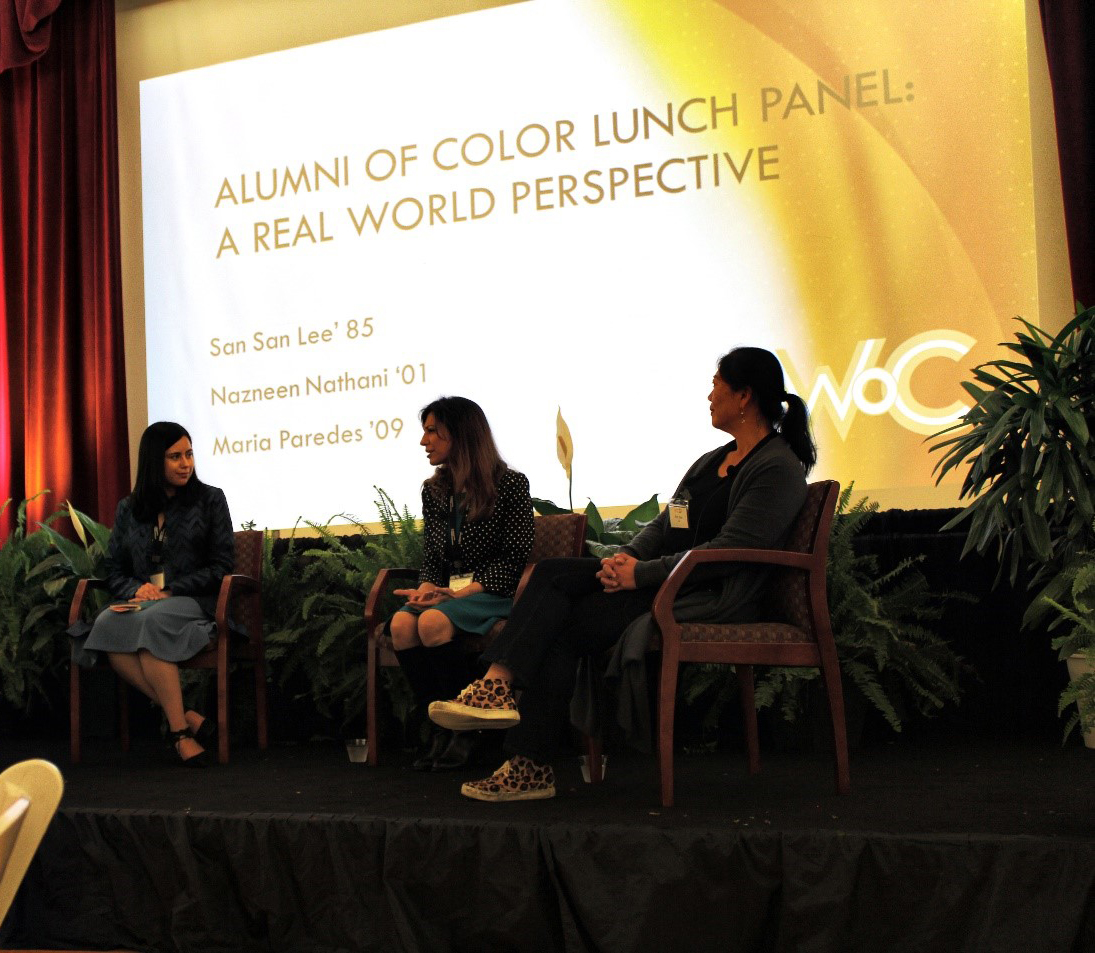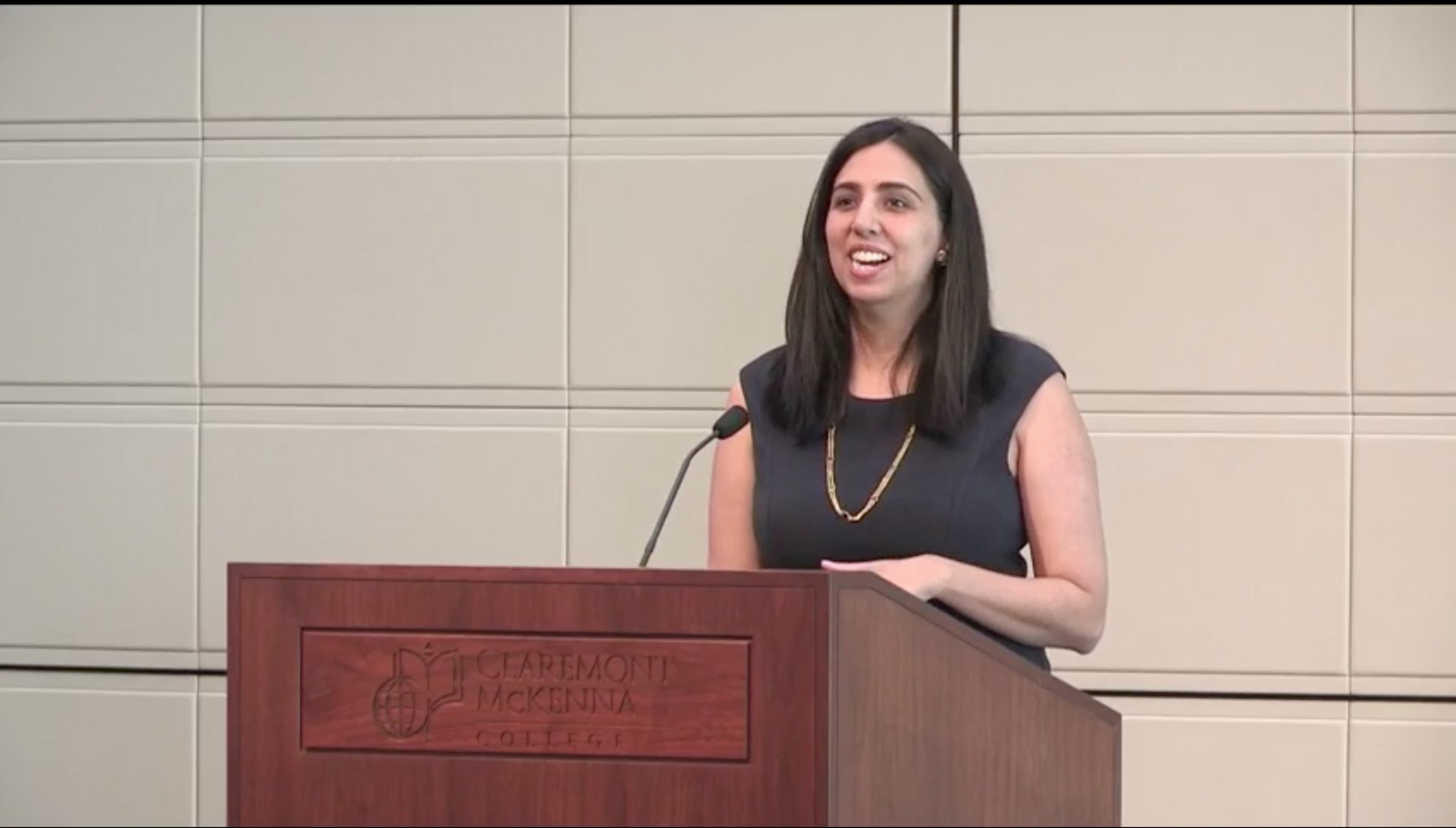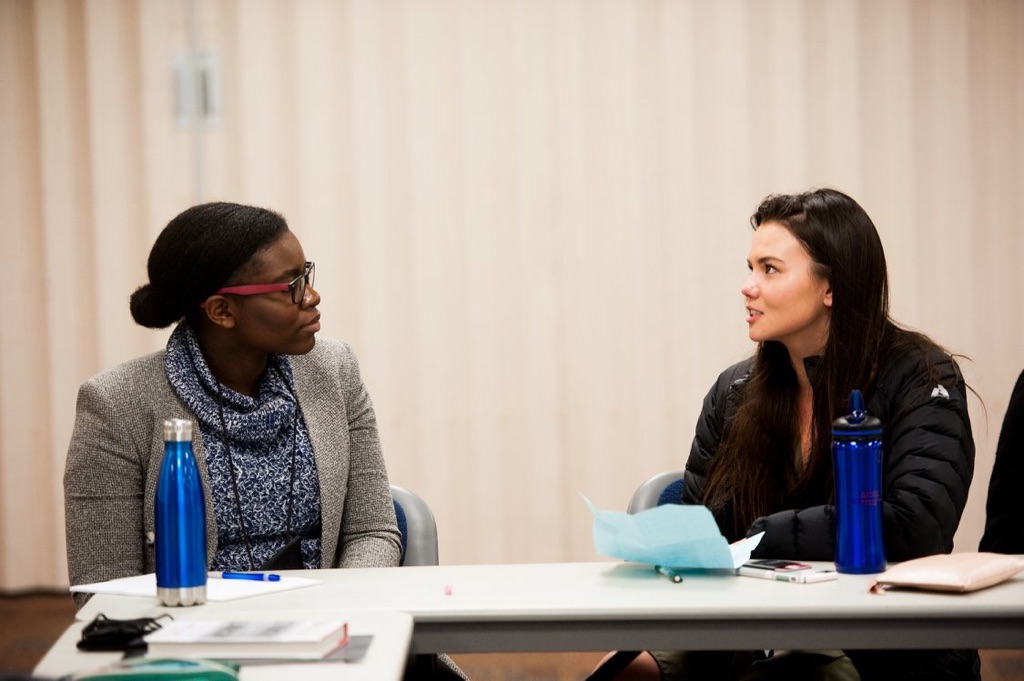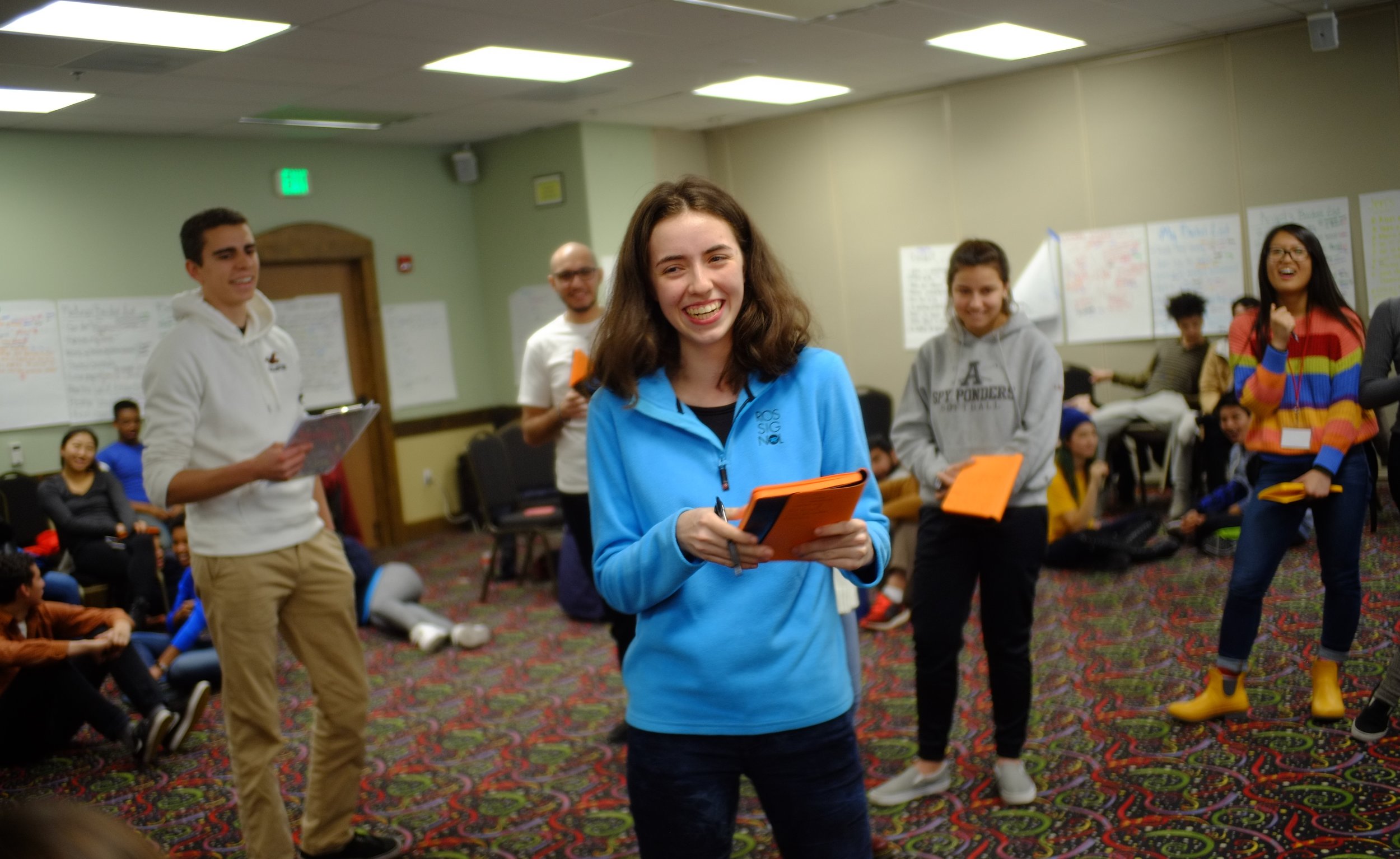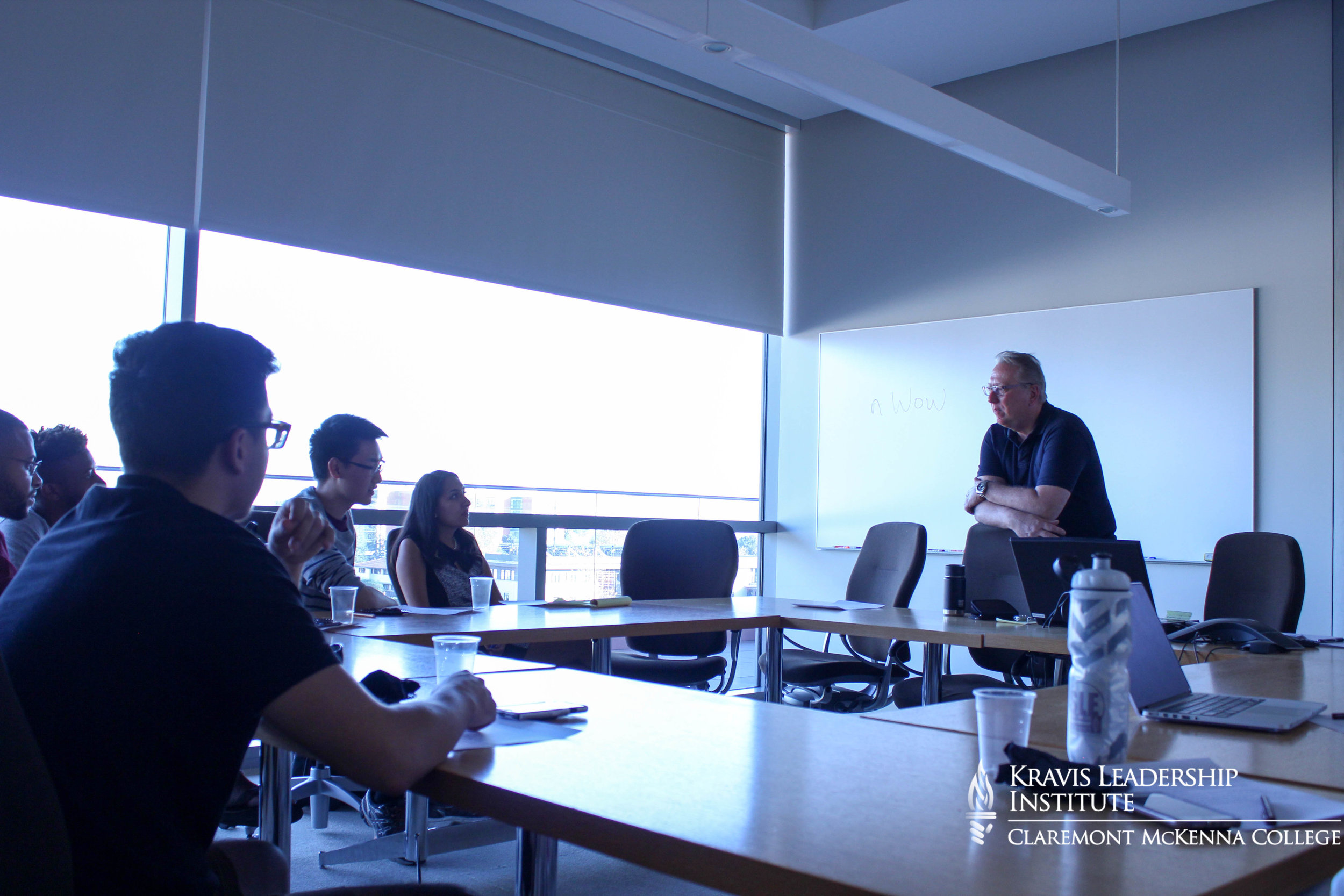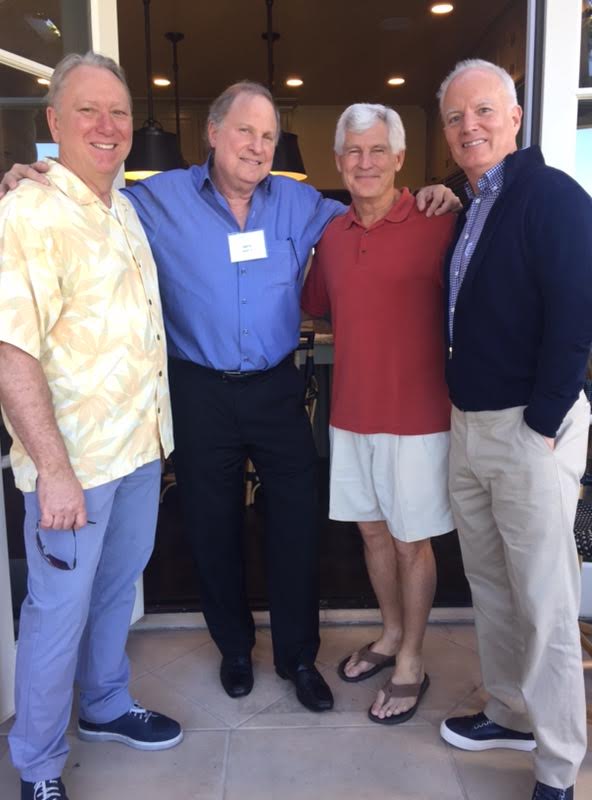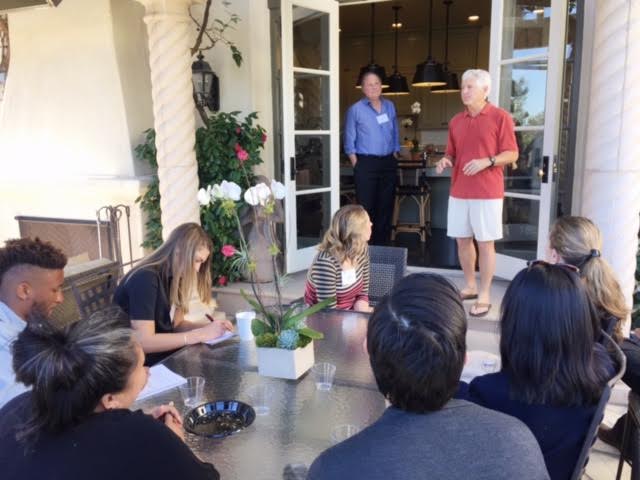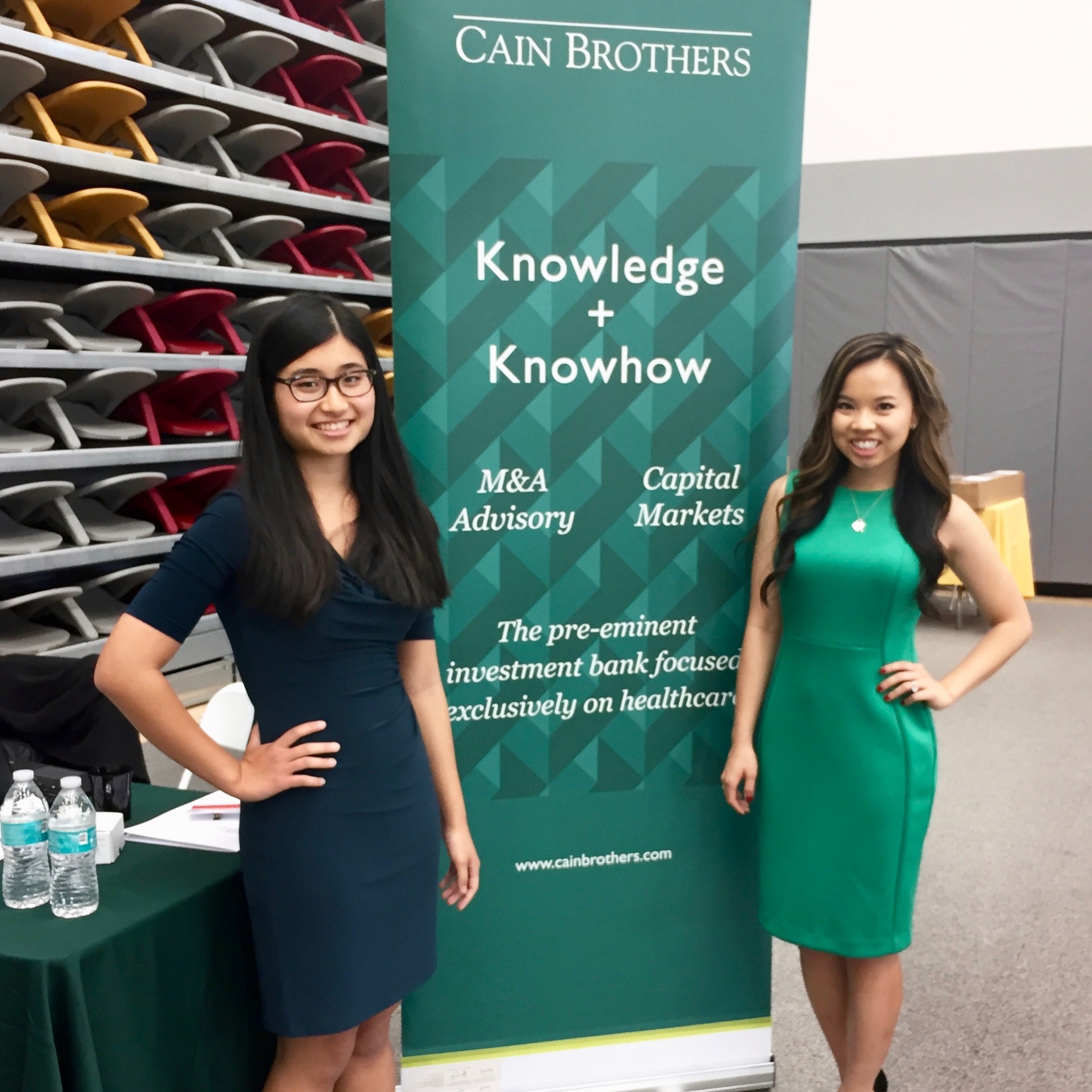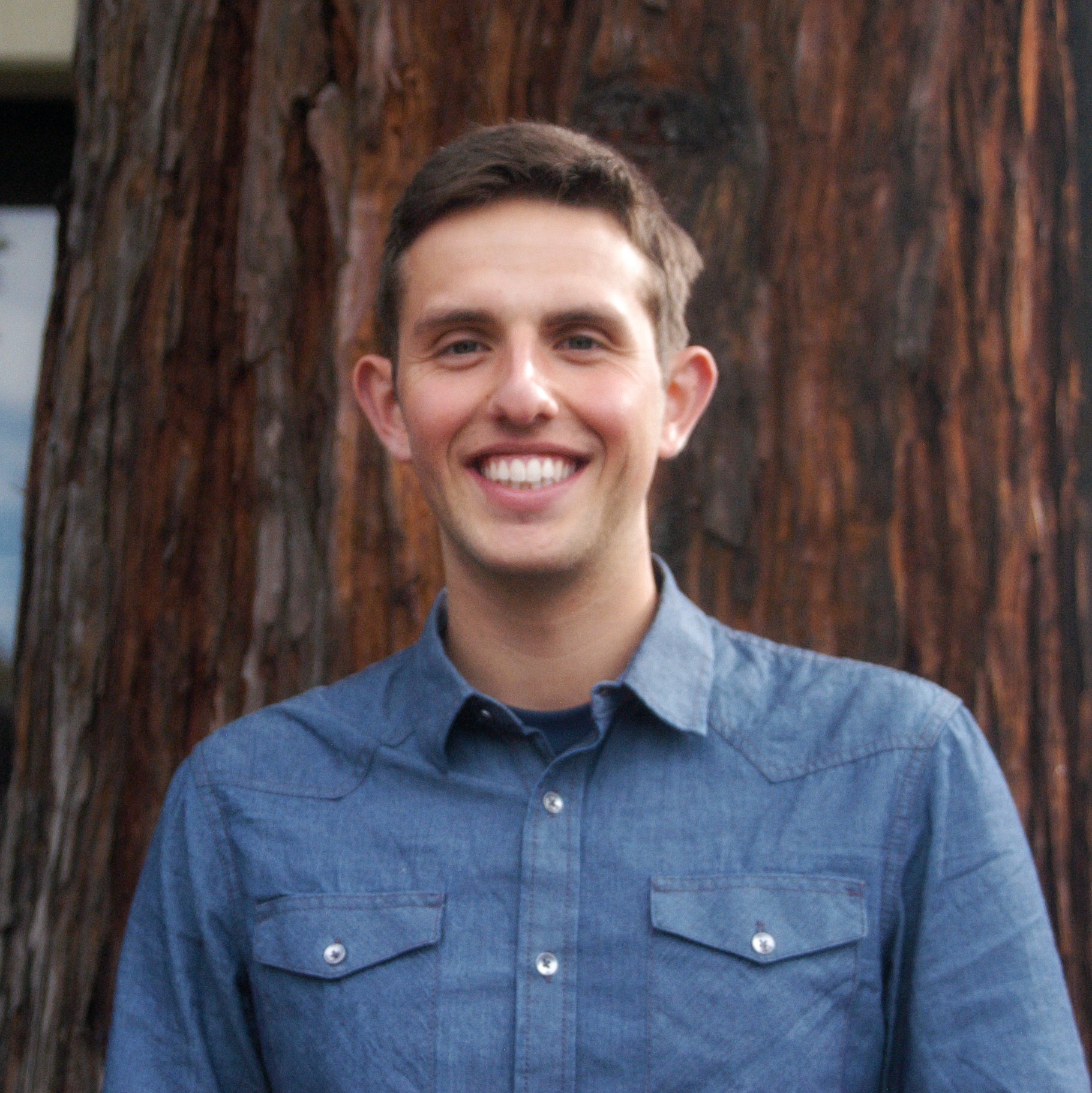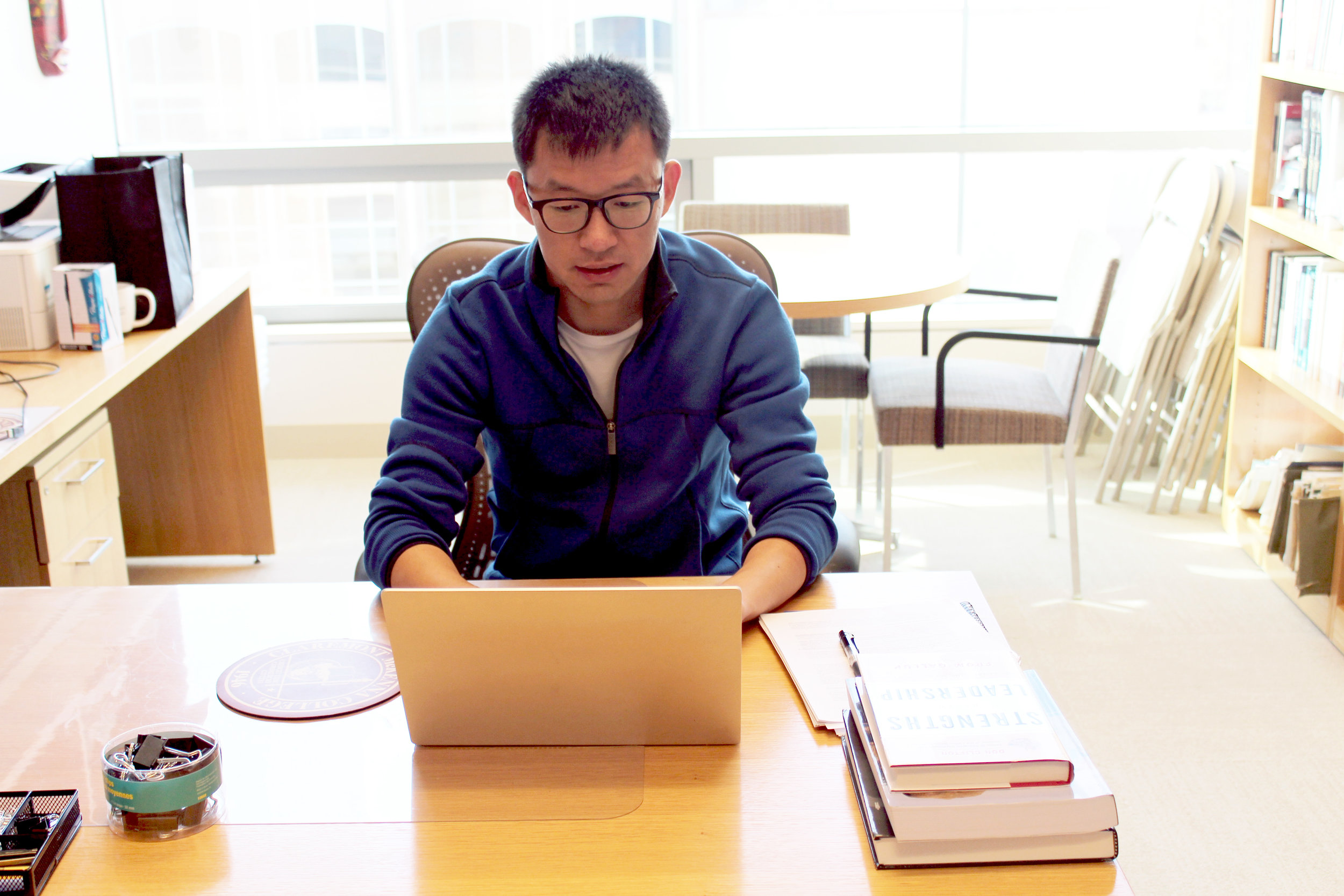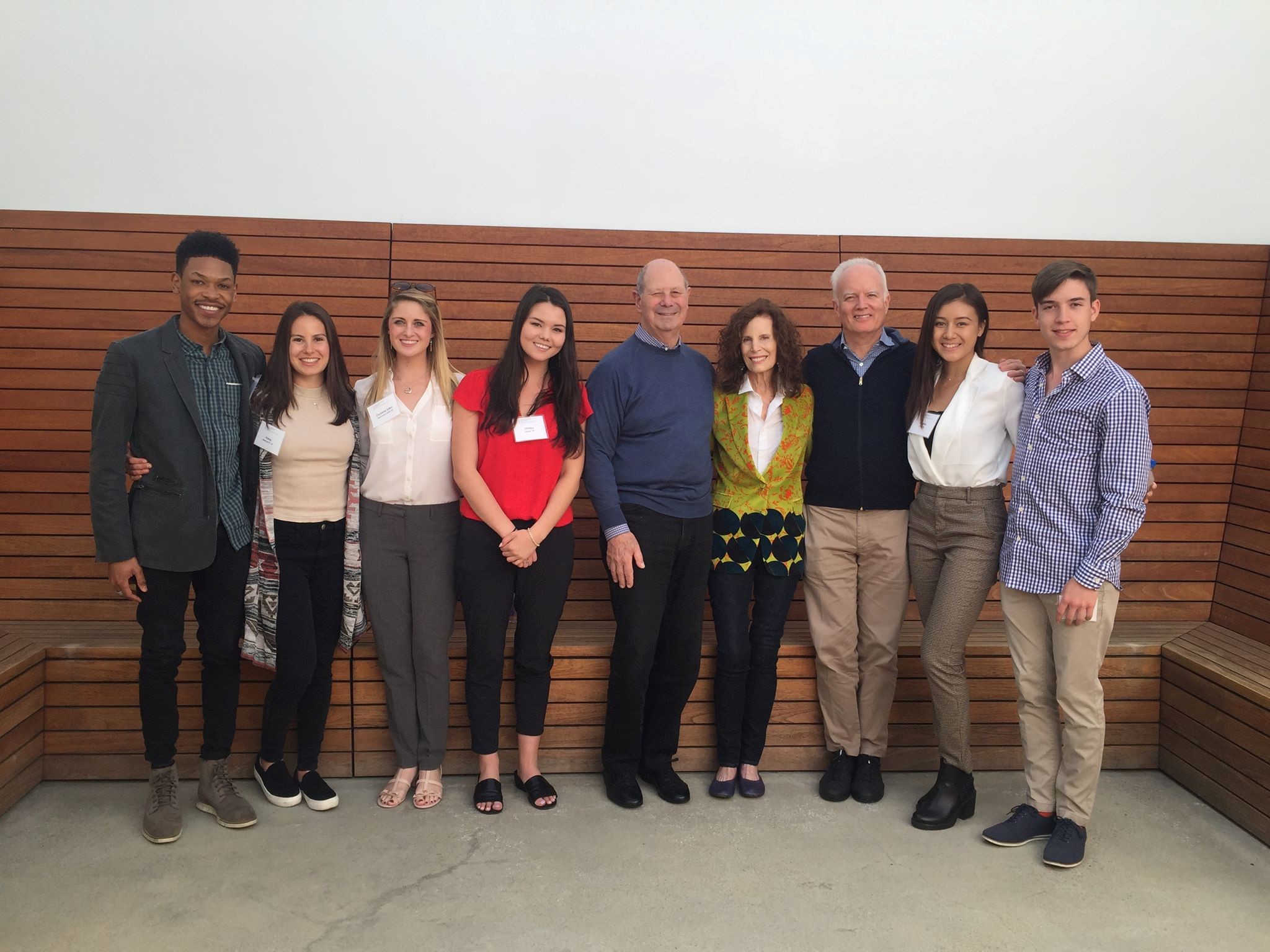
By: Maria Paredes ’09 and Cameron O’Hanlon
Mandy and Cliff Einstein graciously hosted the Kravis Leadership Institute faculty, staff, and students to lunch at their home to view their remarkable collection of contemporary art and to learn about leadership in the field of the arts. Kravis Fellow, Maria Paredes ’09, shares her experience visiting Cliff and Mandy Einstein’s Art Collection. Maria has long been passionate and involved in the art sphere. As a professional fundraiser she helps organizations create a positive impact in their respective area of interest. She is currently the Assistant Director Development at the Younes and Soraya Nazarian Center for the Performing Arts and has worked with numerous art organizations to further their impact on the community. Not only an art enthusiast in her professional life, Maria also pursues drawing on her own time which has been published, exhibited, and collected by private art collectors around Los Angeles. Along with students, faculty, and staff, Maria describes her experience attending the Einstein’s famous Art Collection below.
It has taken Mandy and Cliff Einstein more than 30 years to bring together an art collection that landed them on Art and Antiques Magazine’s, “America’s Top 100 Collectors” list. Their collection includes some of the greatest pieces of contemporary art in the world, in many thanks to the Einstein’s high standards. Mandy expressed, that “[They] work to collect works that are museum-level quality – the piece and the artist should provoke interest and hopefully, have longevity.” Their private collection lives with them in their stunning 1970 Ron Goldman Brentwood home, which has been subject of numerous programs covering contemporary art and reflects the history the couple has collected in their lives.
The CMC students and Kravis Fellows that gathered on a Sunday afternoon to tour the Einstein home were asked, “What do art and leadership have in common?” at the beginning of the tour. Certainly, there is overlap between the properties of art and the influence of the artists on how we experience a social movement or a new concept – analogous to the traits and skills a leader possesses to create change within an ecosystem. These thoughts spurred conversation among the group as they toured the extensive collection.
Their collection includes paintings from Kerry James Marshall, Raymond Pettibon, Mark Grotjahn, Ed Ruscha, John Baldessari, and Mary Weatherford; and sculptures from Chris Burden, Yayoi Kusama, Mike Kelley, John Chamberlain, Welead Beshy, Nancy Rubins, and Kiki Smith — to name just a few from the more than 120-works on display..
Some pieces carry an authentic and poignant criticism on social, historical, and political topics, standing the test of time. Juxtaposed to Chris Burden’s otherworldly rotating planet, is Kenyan born multimedia artist Wangechi Mutu’s I put a spell on you (2005) that explores themes of the African diaspora and the politics of colonial history. Oil Barrel No. 6 (2009), is a rare piece from Tehran born artist Shiva Ahmadi. She recycles oil barrels from war zones and bejewels them with designs from Persian miniature paintings, Islamic art, and images of contemporary social and political strife. Another piece that is striking for its criticism on racism is Nancy and Ed Kienholz seminal work, Holdin’ the Dog (1986). The challenging information offered by these artists through their pieces stimulated a dynamic conversation.
As the group gathered inside James Turrell’s SkySpace Second Meeting (1989), the lively conversation focused on the Einsteins’ respective careers and their role as supporters of Los Angeles art institutions such as Otis College of Art and Design, MOCA, and LACMA. Cliff, who has spent more than 50 years in the advertising business and is Chairman of Dailey and Associates, encouraged students to, “First develop a unique set of skills within the private sector and then find a cause to which they can apply their skills to create change.” He used his own example of how his expertise in marketing in the private sector has allowed him to effect change within the non-profit sector. As Chairman Emeritus of MOCA he used his relationship as Chairman of VRTVentures, a virtual reality company, to make the acclaimed exhibition of Kerry James Marshall Mastry accessible to audiences across the world. This was the first time a major museum exhibition had been preserved completely so that it could be seen in a real life manner after it would otherwise have disappeared.
You can go to www.vrtventures.art to download the Kerry James Marshall’s retrospective exhibition.


